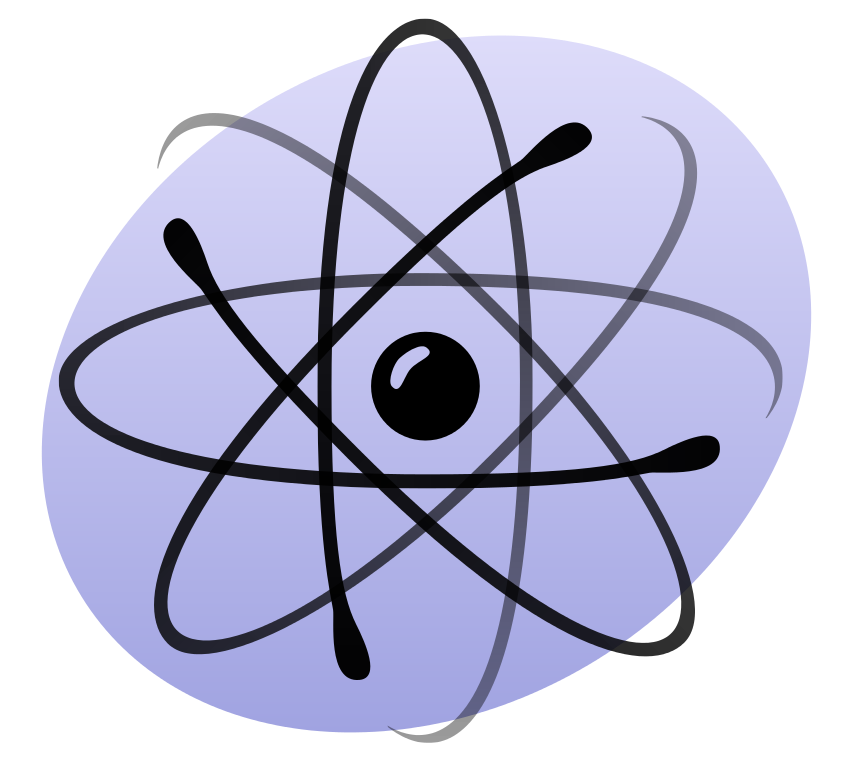Physics is the branch of science which studies matter at its most fundamental level. A physicist works to discover what kinds of matter can exist, and how it will respond when it is poked, bent, smashed, electrocuted or even just left alone. When a physicist talks about “matter”, they are talking about all the stuff that surrounds us, from the subatomic particles that combine to form atoms, which combine to form molecules, which combine to form a block of rubber or a flock of birds.
Physicists hope to answer questions such as: What type of little subatomic particles can exist? What will eventually become of all the planets and stars and black holes and everything in the universe? Can we use quantum mechanics to build a better computer? Are there better ways to capture the energy from the suns rays? Can we predict the swirls of cream in a cup of coffee? Can we predict the motion of a flock of birds?

